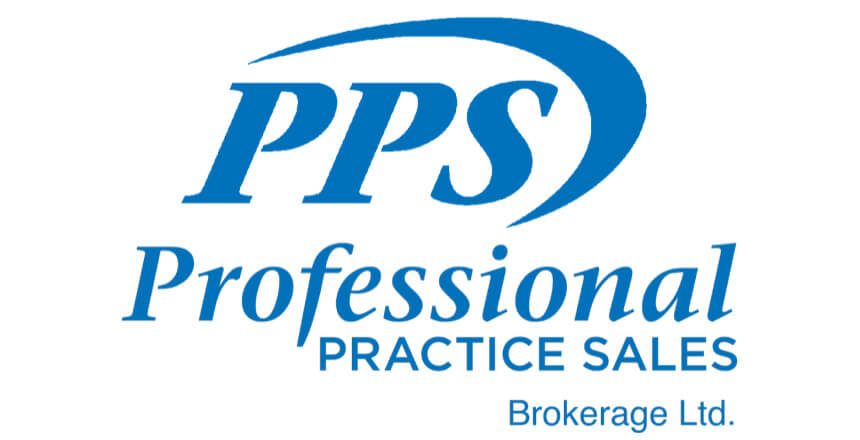
If you had your practice valuation prepared a couple of years ago you should see a marked increase in today’s Goodwill value. Continuing on from my article in Volume 25 of Professional Advisory, vendors should receive a higher value for their Goodwill because of the lower tax rate for the purchaser when they incorporate to purchase a practice.
This is most noticeable in larger practices that are paying up to 35 and 45 percent tax on the excess earnings. Since the tax rate for the incorporated purchaser would only be 19% there is more money left over after taxes to put toward the higher purchase price of a practice.
Experience has shown that Goodwill in a larger practice has gone up as much as 30 to 35 percent. In a small practice where the personal tax rate on excess earnings is only, say 25 percent, then the tax differential is not as noticeable and therefore the Goodwill value does not jump as much.
Underachieving practices, with low billings per patient, will also experience noticeable increases. The limiting factor of low excess earnings will notice the benefit of the lower professional corporation tax rates. Too often the more conservative practices suffer in their bottom line. This new professional corporate tax rate for the purchaser leaves more excess earnings, which, with extensive patients, makes the higher value come together in balance.
Sale of shares or sale of assets for the vendor
It would be prudent to talk to your accountant about forming a Professional Corporation to sell your practice. Would it be good for you? Yes, you can incorporate to sell your practice and not have to wait an extended period of time. One must realize that a share sale will be at a lower value but the taxes also could be at a considerably lower cost. Potentially you would have the $500,000 exemption available in a share sale. Even the formation of a hygiene corporation owned by your spouse could double the exemption. Talk to your accountant. Note: the vendor does not have to incorporate for the purchaser to have the lower tax rate on excess earnings.
Upper limits on value:
In the right combination of billings per patient, reasonable equipment and solid excess earnings from ownership, it would not be unrealistic to have your practice value equal to your billings or higher. This kind of practice would be of limited risk because of the extended patient base, equipment that has a reasonable future life expectancy and overhead with controlled costs. After the sale, the results should be able to be duplicated by most purchasers.
Are practices saleable at these higher figures?
Yes, there is more money available to pay for the practices because the government share of the excess earnings has been reduced. This seems contradictory but the tax reduction on the excess earning capacity has a great impact in paying off the practice. I would say even faster than before when purchasers could not incorporate.
“Excess earnings” of the practice is the money left over after all true expenses including paying the owner and the associates for their professional services at 40 percent.
